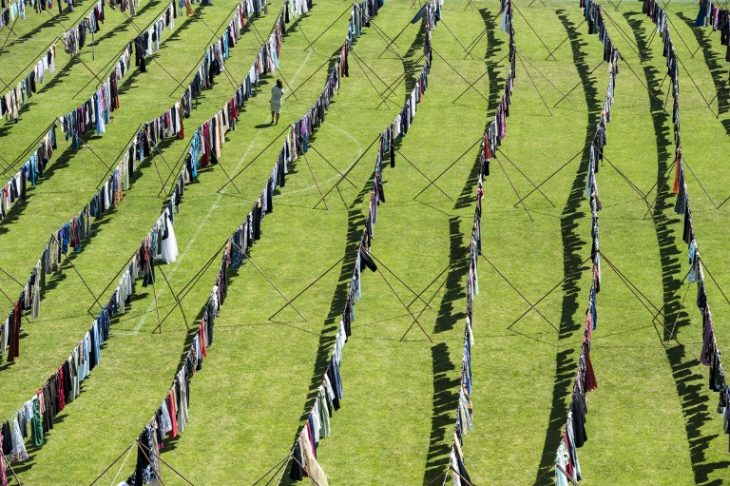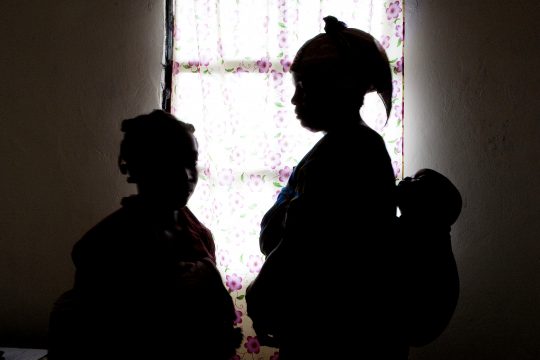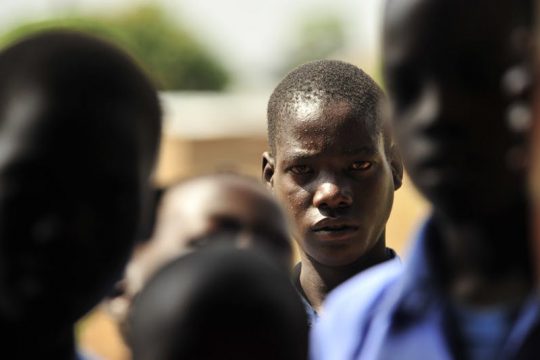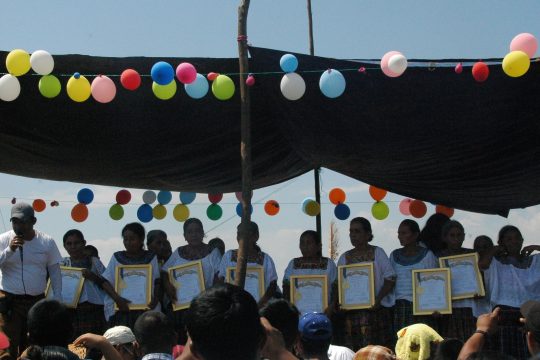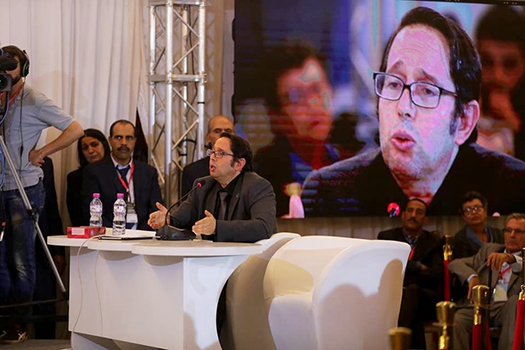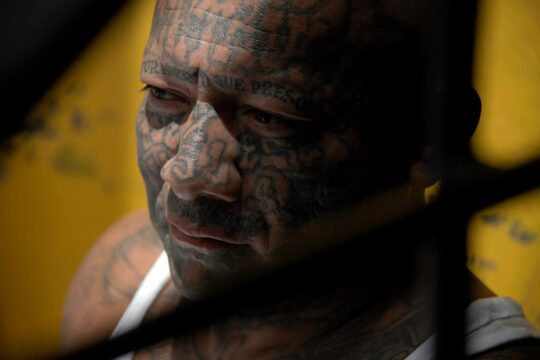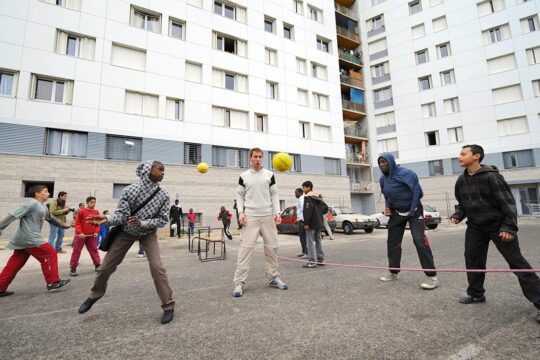Sexual violence in conflict is one of the most important but also hardest crimes to prosecute. Swiss NGO TRIAL International, a partner of JusticeInfo and Fondation Hirondelle that supports victims of international crimes, is putting the spotlight on this at a series of events in Geneva on June 18-19 to mark its fifteenth anniversary. Kim Thuy Seelinger, director of the sexual violence project at the Human Rights Center of Berkeley University in California, will be among the participants. She spoke to JusticeInfo.
JusticeInfo: What are the specific challenges and difficulties of investigating sexual violence in conflict?
Kim Thuy Seelinger: There are so many. Obviously at the time, it’s incredibly difficult and often dangerous. What happens more often than not is that investigation happens later… sometimes months later, but often years or even decades later. Then there are additional challenges: lapse of time, so physical evidence of harm has disappeared, lapses in memory because time has passed, you have victims and witnesses who have left the area so they are not trackable any more… and particularly with this type of crime, if people have somehow managed to survive and cobble together a life, they might not want to return to that moment. So there are a lot of reporting barriers related to stigma and the passage of time. And then there may also be structural and political barriers. Plus sexual violence is always hard to investigate.
How much progress do you think has been made in recent years in getting accountability for victims of this type of crime?
I think we’ve both made a lot of progress and at the same time surprisingly little progress. On the one hand we have jurisprudence, very clear jurisprudence, out of the ad hoc tribunals in the 1990s, the Special Court for Sierra Leone, the ICC now. We have rape and other forms of sexual violence being prosecuted as war crimes, crimes against humanity. We’ve paid a lot of attention to the cases out of Rwanda, former Yugoslavia, Sierra Leone, the forced marriage cases out of Cambodia. So in that way, we’ve made a lot of progress, and we’ve also got a lot of guidance now. We now have an international protocol on the documentation and investigation of this crime, while the ICC Prosecutor has put out her policy paper on sexual and gender-based crimes. So there has been some effort to improve the way we investigate and prosecute this as an international crime.
But at the same time, we keep making some of the same mistakes, despite having jurisprudence and guidance. Despite indications and sometimes very clear evidence of sexual violence, these crimes are still not being charged in the initial charging documents. They are still being either ignored or lumped in with some more generalized or euphemistic term, when they could have been charged more explicitly. So that’s something I’ve been focused on at the national level in particular, trying to work with national level prosecutors to think about the types of evidence of sexual violence they have, and figure out why it wasn’t part of the charging. We had that in the Habré case in Senegal and also in the Kwoyelo case in Uganda. So the challenge that we see over and over again is the omission of articulated sexual crimes in charging documents early on, which forces the prosecutor to go back and request permission to amend the charges later when they feel they do have the evidence or when civil society groups have put pressure on them to reconsider. It’s happened over and over again, at the ad hoc tribunals, the ICC and national courts.
The international courts -- even if they go for crimes of sexual violence in conflict and get convictions -- can only try a handful of people. In terms of national procedures, do you think there’s been much progress?
I think there’s been tremendous progress at national level. This is all in keeping with the idea of complementarity. You see it, for example, in countries that are already on the ICC’s radar or are trying to avoid having their situations taken up by the ICC. So you see national jurisdictions trying to show that they are willing and able to have meaningful prosecutions of crimes that happened within their boundaries. Uganda again is an example, Colombia is an example. I think we’ll see national prosecutors and courts creating specialized teams to look at international crimes so they can show they have the institutional capacity and also the political will. Colombia started charging, they are doing cases in their system. Guatemala has also been addressing conflict era crimes within their national courts, so we do see that happening. It’s important because the international courts can’t take everything on and also they try the people considered to be most responsible, whereas the national courts have more leeway and are better situated to go after mid- and lower-level perpetrators.
You see also there are cases of military prosecutions happening. For example, we’ve got a number of military tribunals in eastern DRC that have been trying soldiers and commanders for sexual violence, some of which is conflict related, so I think that’s helpful. It is also tricky, because you never know how meaningful the national system’s effort is. Is it just a dog and pony show to ward off the ICC, or is it really an attempt to take matters into their own hands? I think that’s a mixed bag, which has to be decided on a case by case basis.
Do you think there has been much progress on reparations for victims?
I think this is where we have failed pretty egregiously so far. We build these cases around victims, on their testimony and presumably in their name, and if lawyers do their jobs well for the prosecution, for example, they’ll manage to convict some of the folks who are guilty. But at the end of the day the survivors often come away with nothing, even if reparations are provided for by statute. And technically it has been so hard to seize sufficient assets, to determine how reparations are going to work and actually get reparations into people’s hands in a way that is swift and meaningful for them.
This is a huge challenge in the Habré case also, which was on paper a huge victory for survivors, including for reparations. There was a very generous decision that would award tens of thousands of dollars to individual survivors of sexual violence. But once the petition was granted, there was really no structure to actually administer the reparations. And so finally with the appeals judgment, the court was able to request that the African Union set up a trust fund, and hopefully it will happen. But where is that money going to come from? They didn’t seize enough from Habré and his estate.
Despite the triumph that women of Chad felt in the courtroom -- and they stood up and they were singing and dancing when the judgment was read out --, a week later they were back in Chad. Now they’ve been outed to their communities as sexual violence survivors, so they have a new stigma attached to them, plus it’s news that they’re coming into money, so they also have bull’s eyes on them, because it was understood they were going to get a lot of money from the court, which they haven’t received a penny of yet. I think we really, as an international community, need to think more about how to support witness protection and reparations.




